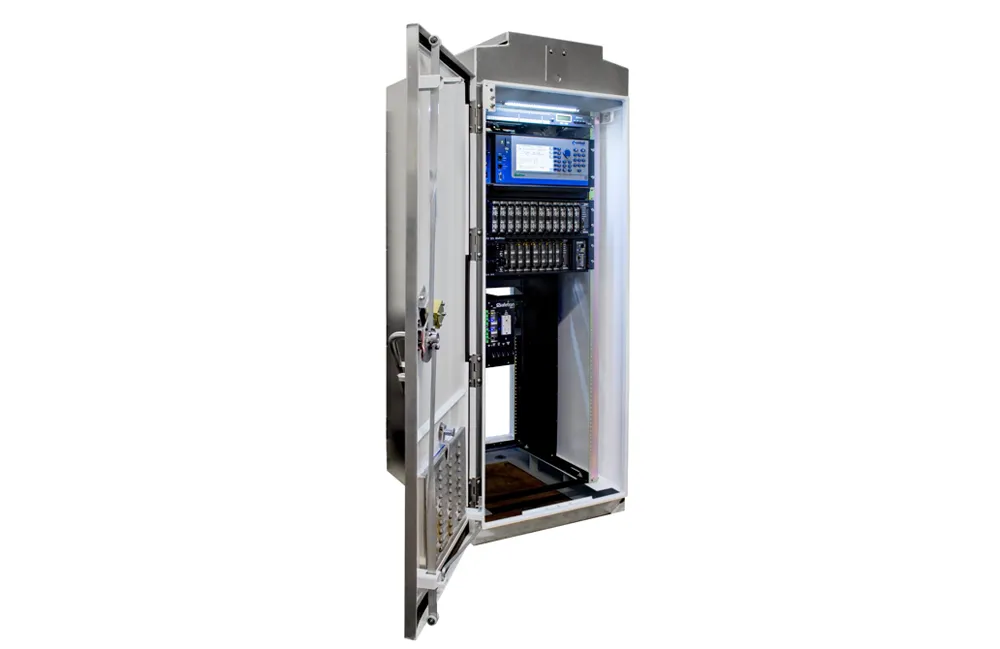Although there is much discussion of ‘an internet of things’ it is in fact a very broad term and security needs vary widely, Infineon Technologies’s Stephan Hofschen said. For things like power grids and M2M applications such as vehicle-to-vehicle communications there is a mandated need for very high levels of security, whereas
the same cannot be said of all communications between the 50 billion interconnected devices expected to be in the world by 2025.
November 20, 2013
Read time: 2 mins

Although there is much discussion of ‘an internet of things’ it is in fact a very broad term and security needs vary widely, Infineon Technologies’s Stephan Hofschen said. For things like power grids and M2M applications such as vehicle-to-vehicle communications there is a mandated need for very high levels of security, whereas
the same cannot be said of all communications between the 50 billion interconnected devices expected to be in the world by 2025.
But, said NXP Semiconductors’s Steve Owen, security and privacy will be key market drivers, and the industry has to take a lead and stay ahead of those looking to obtain data via nefarious means. Gemalto’s Olivier Piou highlighted the disparity in development cycles between, for instance, smart devices with a lifespan of 25 years versus smart phones whose marketability can be measured in months; standardisation is going to become increasingly important. Expanding on standards, Giesecke & Devrient’s Axel Deininger added that the industry has a good story to tell but that very long certification cycles are a barrier to market entry, especially as OEM development cycles shorten.
the same cannot be said of all communications between the 50 billion interconnected devices expected to be in the world by 2025.
But, said NXP Semiconductors’s Steve Owen, security and privacy will be key market drivers, and the industry has to take a lead and stay ahead of those looking to obtain data via nefarious means. Gemalto’s Olivier Piou highlighted the disparity in development cycles between, for instance, smart devices with a lifespan of 25 years versus smart phones whose marketability can be measured in months; standardisation is going to become increasingly important. Expanding on standards, Giesecke & Devrient’s Axel Deininger added that the industry has a good story to tell but that very long certification cycles are a barrier to market entry, especially as OEM development cycles shorten.










